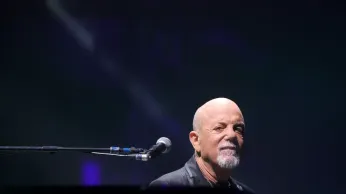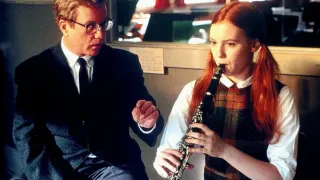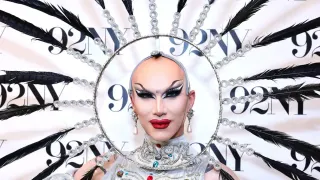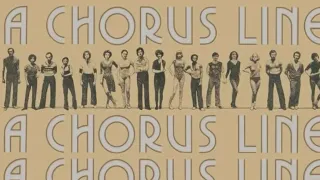
3 hours ago
Billy Joel Opens Up About “Bad Blood” with Elton John Over Rehab Comments in New Documentary
READ TIME: 3 MIN.
A longstanding friendship between two musical icons—Billy Joel and Sir Elton John—was recently cast in a new light with the release of HBO’s two-part documentary, "Billy Joel: And So It Goes." In the film, which premiered July 18 and 25, 2025, Joel candidly reflects on the aftermath of Elton John's 2011 public suggestion that Joel needed "real rehab," a comment that led to what Joel describes as "bad blood" between the famously close friends and collaborators .
The roots of the tension trace back to a Rolling Stone interview in 2011, when Elton John, himself an outspoken advocate for addiction recovery and LGBTQ+ rights, commented on Joel's struggles with alcoholism and canceled tours, stating: “He’s going to hate me for this, but every time he goes to rehab they’ve been light... I wish he’d get his act together” . At the time, John’s remarks drew both support and criticism, with some praising his candor and others questioning the appropriateness of making such statements public.
In "And So It Goes," Joel, now 76, explains the personal hurt those words caused. “Elton had made a comment that he thought I needed real rehab,” Joel recounts in the documentary. “He chalked it up to, ‘Oh, he's a drunk.’ And that really hurt me... Don’t you know me better than that?” Joel adds that the incident led to a period of "bad blood," noting, “There was a dovetailing of things that happened during that time” .
Joel and John’s relationship is well documented: they launched their first co-headlining "Face to Face" tour in 1994, delighting fans with joint performances and a public display of camaraderie . However, as Joel shares in the new documentary, what looked like an effortless musical partnership was sometimes complicated by comparisons and personal struggles. “I once resented the comparisons,” Joel admits, “but I eventually grew to embrace it.”
The 2010 leg of their joint tour was followed closely by John’s Rolling Stone interview, adding fuel to speculation about the state of their relationship. In the years since, both have maintained professional respect for one another, but the documentary confirms that the “bad blood” was real and deeply felt—if temporary .
Elton John’s status as an openly gay icon and advocate for LGBTQ+ causes lends additional weight to his comments and to the public’s response. Within LGBTQ+ communities, the episode prompts important conversations about how public figures—especially those who are part of marginalized groups—balance honesty, advocacy, and mutual support.
Addiction and recovery remain significant concerns within many LGBTQ+ circles, where rates of substance use disorder are statistically higher due to social stigma and discrimination . John’s outspokenness about his own recovery has been a source of inspiration, but as Joel’s reaction highlights, public interventions—even well-intentioned—can be fraught with unintended consequences.
For many LGBTQ+ viewers, the exchange between Joel and John is a reminder of the complex intersections between fame, vulnerability, and responsibility. As one fan commented on social media following the documentary's airing, “We want our heroes to be real and to look out for each other, but sometimes the way we do that can cause harm, too” .
Neither Joel nor John have publicly commented on the documentary since its release, but both are widely recognized for their resilience and contributions to music and culture. Tribute events celebrating their music, such as the "Face 2 Face" tribute show and other concerts across the country, continue to draw fans of all ages, underscoring the enduring impact of their legacies—even as the artists themselves navigate the complexities of friendship in the public eye .
The renewed attention to their personal story also serves as a timely reminder: behind every public persona is a private person, and the ways in which LGBTQ+ celebrities support—or unintentionally hurt—one another can have ripple effects far beyond the headlines. As the documentary encourages audiences to reflect on both the costs and rewards of vulnerability, it also affirms the importance of compassion, understanding, and solidarity within all communities.






